Search
Search Results
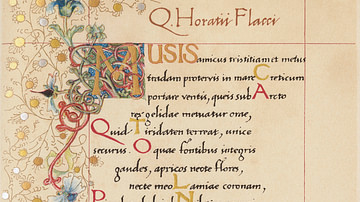
Definition
Roman Literature
The Roman Empire and its predecessor the Roman Republic produced an abundance of celebrated literature; poetry, comedies, dramas, histories, and philosophical tracts; the Romans avoided tragedies. Much of it survives to this day. However...
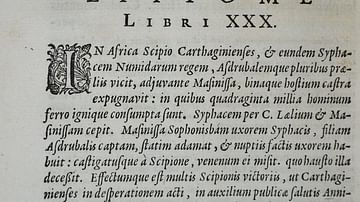
Definition
Livy
Without the valuable contributions of historians, later generations would have little knowledge of the past - the good as well as the bad. Herodotus and Thucydides, the fathers of historical writing, would never have written their histories...
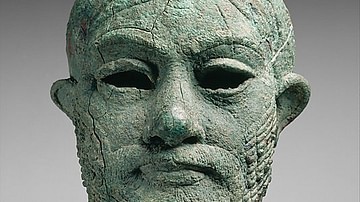
Definition
Mesopotamian Naru Literature
Mesopotamian Naru Literature was a literary genre, first appearing around the 2nd millennium BCE, which featured a famous person (usually a king) from history as the main character in a story that most often concerned humanity's relationship...
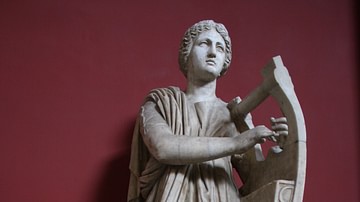
Definition
Ancient Greek Literature
Greek literature has influenced not only its Roman neighbors to the west but also countless generations across the European continent. Greek writers are responsible for the introduction of such genres as poetry, tragedy, comedy, and western...
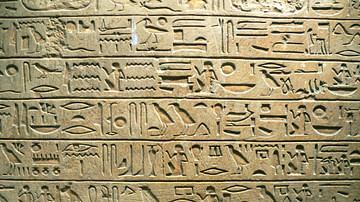
Definition
Ancient Egyptian Literature
Ancient Egyptian literature comprises a wide array of narrative and poetic forms including inscriptions on tombs, stele, obelisks, and temples; myths, stories, and legends; religious writings; philosophical works; wisdom literature; autobiographies...
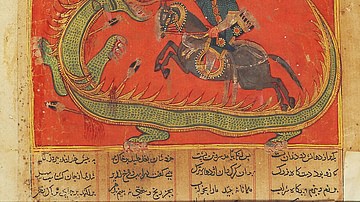
Definition
Persian Literature
Persian literature differs from the common definition of “literature” in that it is not confined to lyrical compositions, to poetry or imaginative prose, because the central elements of these appear, to greater or lesser degrees, in all the...
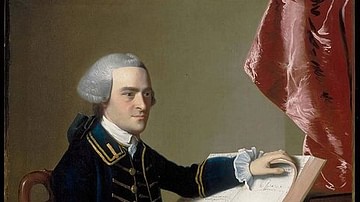
Definition
John Hancock
John Hancock (1737-1793) was a merchant, politician, and Founding Father of the United States, who helped lead the Patriot movement during the American Revolution (1765-1789). He served as president of the Second Continental Congress from...
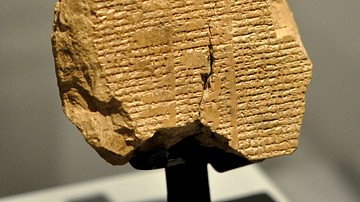
Definition
Mesopotamian Literature
Ancient Mesopotamian literature developed c. 2600 BCE after scribes, who had formerly been record keepers, began composing original works in the region of Sumer. The Sumerians invented writing c. 3500 BCE, refined the script c. 3200 BCE...
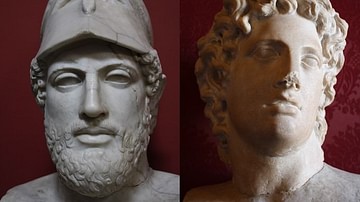
Definition
Plutarch
L. Mestrius Plutarchus, better known simply as Plutarch, was a Greek writer and philosopher who lived between c. 45-50 CE and c. 120-125 CE. A prodigious and hugely influential writer, he is now most famous for his biographical works in his...
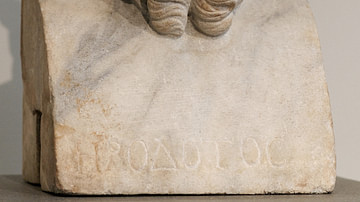
Definition
Herodotus
Herodotus (l. c. 484 – 425/413 BCE) was a Greek historian famous for his work Histories. He was called The Father of History by the Roman writer Cicero, who admired him, but has also been rejected as The Father of Lies by critics, ancient...